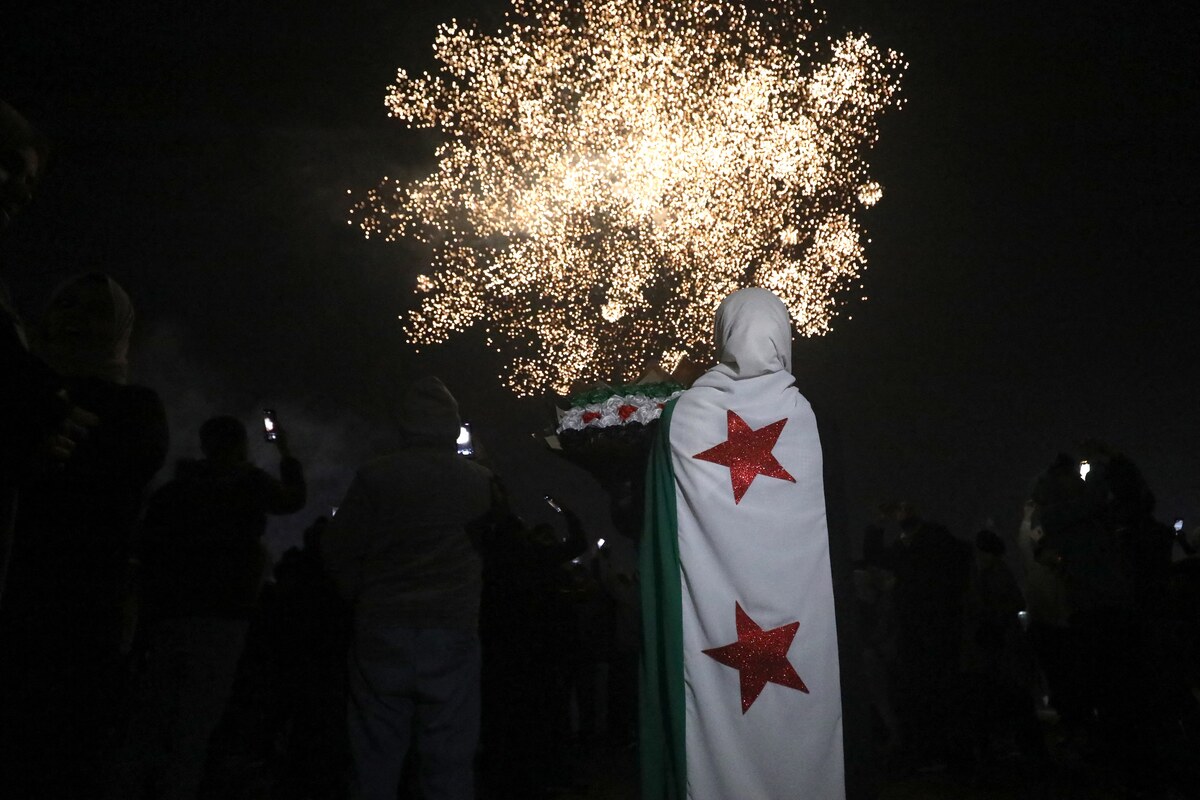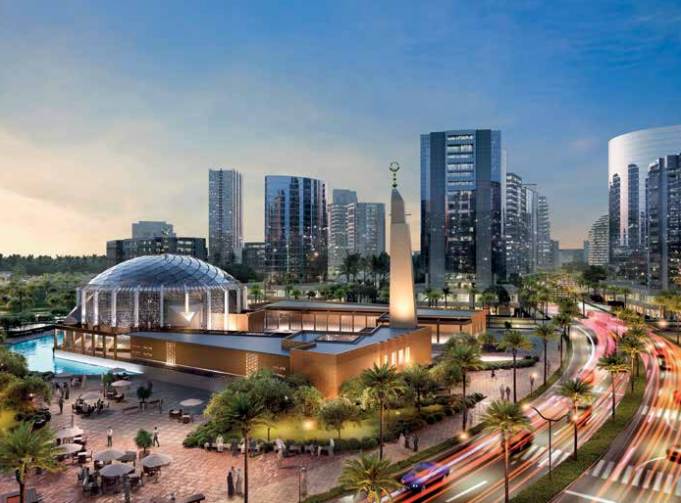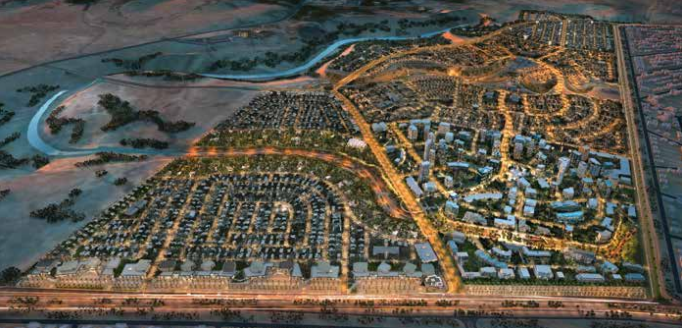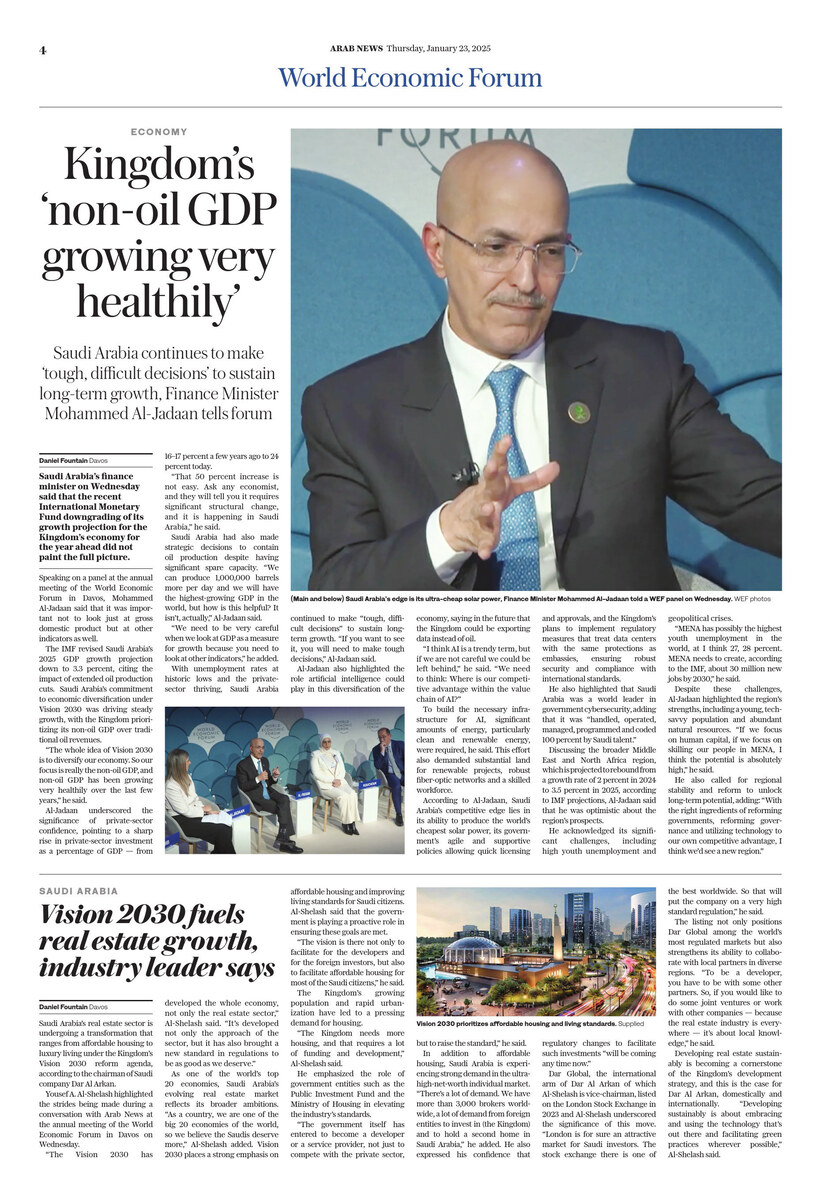DOHA: Qatar plans to introduce three new laws as part of a sweeping review of legislation designed to make the Gulf Arab state more attractive to foreign investors, the new minister of commerce and economy told Reuters.
Sheikh Faisal bin Thani said in an interview that Qatar plans to introduce new legislation including a bankruptcy law, a public private partnership law and a new commercial registration law.
“We’re looking at 27 laws and regulations across 17 government ministries that affect 500-plus activities,” he said, describing the legislative review.
Sheikh Faisal said he expects the new bankruptcy and public private partnership laws to be drafted before the end of March.
Qatar, one of the world’s top exporters of liquefied natural gas, has set a cumulative target of attracting $100 billion in foreign direct investment (FDI) by 2030, according to the latest version of its national development strategy published last year.
But it has a long way to go to meet that target, and FDI inflows have significantly lagged behind neighboring Saudi Arabia and the U.A.E.
Saudi Arabia, which also has a target to attract $100 billion in FDI by 2030 as part of its national investment strategy, saw FDI inflows of $26 billion in 2023, after a change to how it calculates FDI, while the Emirates, the Gulf region’s commercial and tourism hub, attracted just over $30 billion according to the UN’s trade and development agency.
In contrast, Qatar’s FDI inflows in 2023 were negative $474 million, down from $76.1 million in 2022. Negative FDI inflows indicate that disinvestment was more than new investment.
While Qatar does offer similar incentives to foreign investors as its neighbors, such as a favorable tax environment, free zone facilities and some long term residency schemes, the U.A.E. and Saudi Arabia are considered far ahead in terms of regulatory reforms and business friendly laws.
Qatar’s new laws also come as part of the Gulf Arab state’s efforts to activate its private sector and transition away from government-funded growth.
Sheikh Faisal joined the government in November after serving at Qatar’s $510 billion sovereign wealth fund, the Qatar Investment Authority, most recently as chief investment officer for Asia and Africa.
Qatar drafting new laws aimed at boosting foreign investment
https://arab.news/58bgy
Qatar drafting new laws aimed at boosting foreign investment

- Qatar plans new bankruptcy, PPP, and commercial registration laws
- Qatar aims for $100 billion FDI by 2030
































